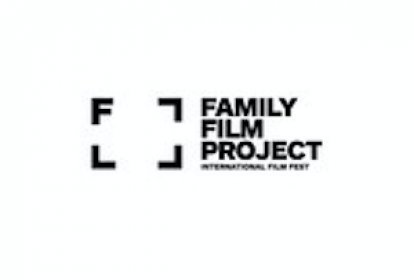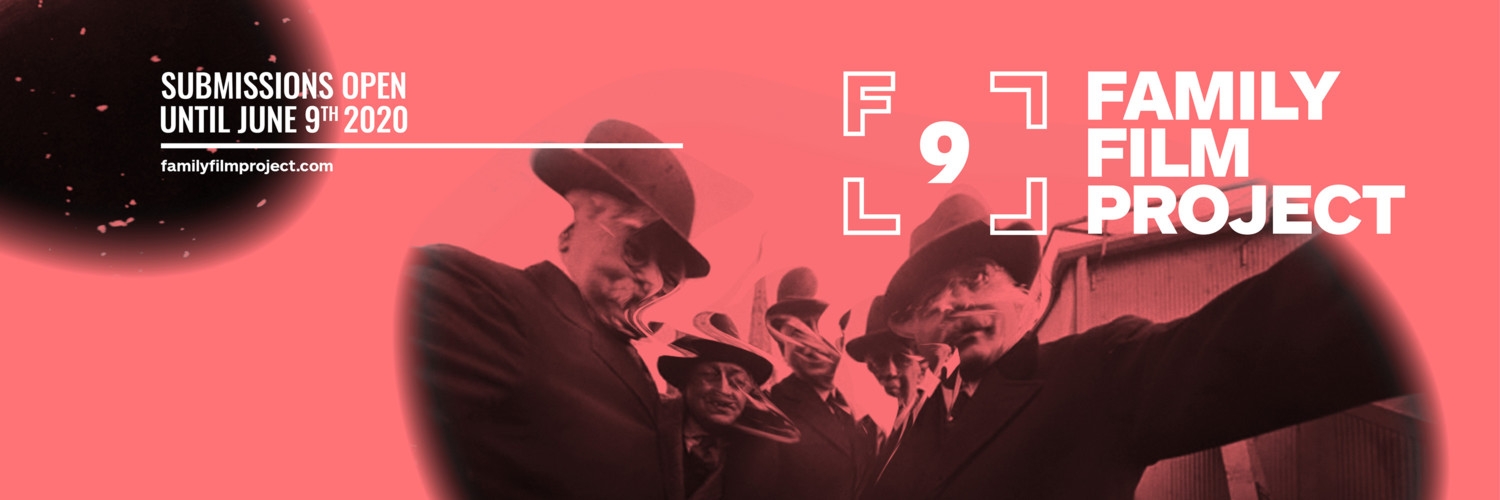

Deadline
09 Jun 2019
Published: 09 Feb 2019

Family Film Project
Porto, Portugal
FAMILY FILM PROJECT is a film festival which takes place every year in Porto, Portugal, with fast increase in visibility and internationalization since its first edition in 2012.
In addition to the mandatory Portuguese presence, the festival has been receiving films from around the world: Argentina, Brazil, Canada, Egypt, Spain, Holland, Indonesia, Italy, Israel, Iran, Lebanon, Mexico, Poland, Russia, Sweden, Taiwan, Venezuela, among many other nationalities.
The sessions of competitive programming traditionally split into three thematic areas: Lives and Places (focusing on the voyeuristic, biographical or documentary recording of habitats and quotidian), Connections (focused on interpersonal and community dynamics) and Memory and Archive (dedicated to creative views from testimony and found footage). There is also a competitive session devoted to fiction and animation.
The festival program always holds a prominent space for directors and guest artists of international renown, such as Jonas Mekas (2012), Péter Forgács (2013), Alina Marazzi (2015), João Canijo (2016), Regina Guimarães (2017), Bill Nichols (2018) and Paula Rabinowitz (2018), Daniel Blaufuks (2018), Jaimie Baron (2019), Cláudia Varejão (2019), among others.
With several lines of action, the festival also organizes various parallel cultural events in addition to the competitive sessions: art exhibitions (which may extend beyond the festival date), movies, concerts, installations, performances at various locations of the city, master classes, conferences and launches of books focused on ethnographic and anthropological dimension.
The festival has expanded through the city in locations like the Rivoli Theatre, Passos Manuel, Coliseu, auditorium Almeida Garrett or the theater Carlos Alberto, but also art galleries, city streets and emblematic bars. Thus, the festival also helps to increase, in its most particular way, the cultural dimension of the city and the touristic appeal associated with it.
With its usual competitive sessions, masterclasses, performance events and video installations, the festival is once again placed on the conceptual boundaries of cinema and its dialogue with other arts and areas of thought.
As in previous years, the festival is organized into three thematic zones: Lives and Places (focusing on voyeuristic, biographical or documentary recording of habitats and everyday life), Memory and Archive (dedicated to creative approaches from testimonies and found footage) and Connections (focused on interpersonal and community dynamics). There is also a space dedicated to the genres of fiction and animation, with a competitive selection that will have a particularly strong Portuguese representation this year. Besides the national films, the festival receives in its competitive program a selection of almost two dozen films of different nationalities, from short to feature film, from documentary to experimental genre, always in a register that extends from the intimate plasticity of “home movies” to the ethnographic landscape.